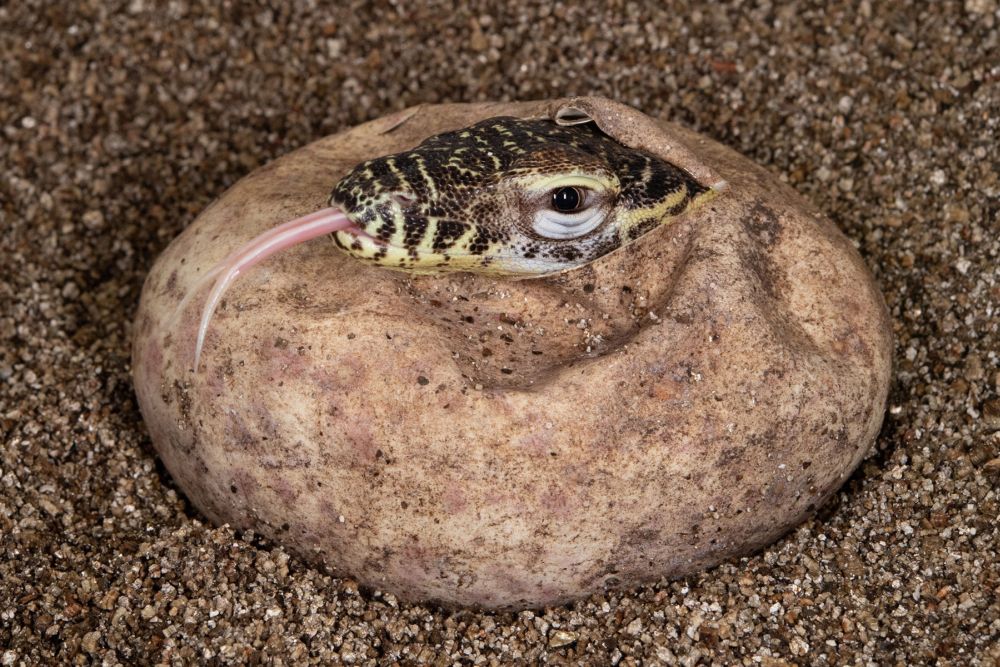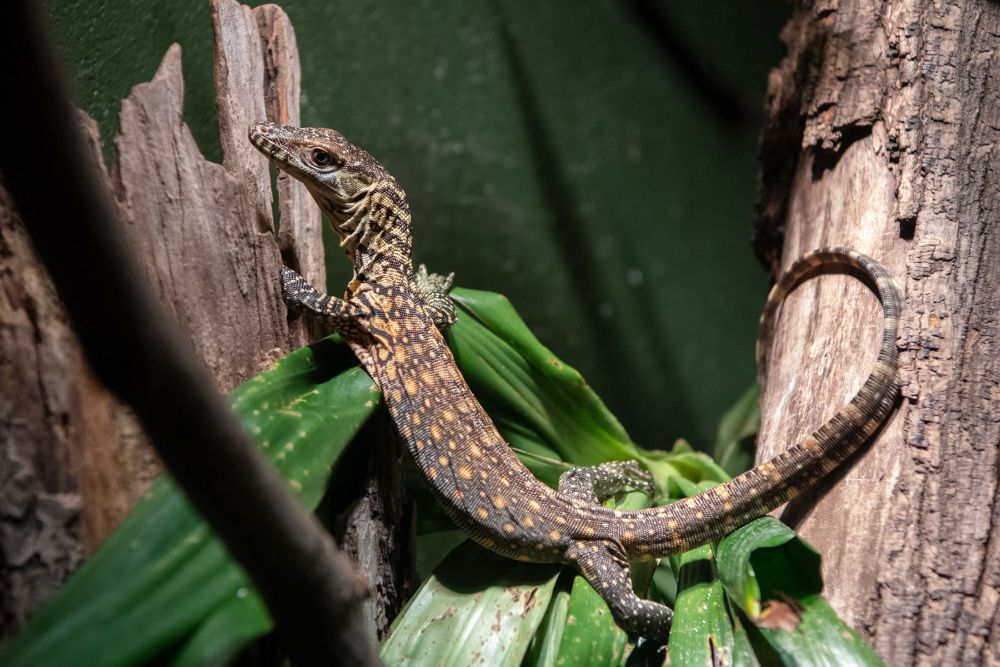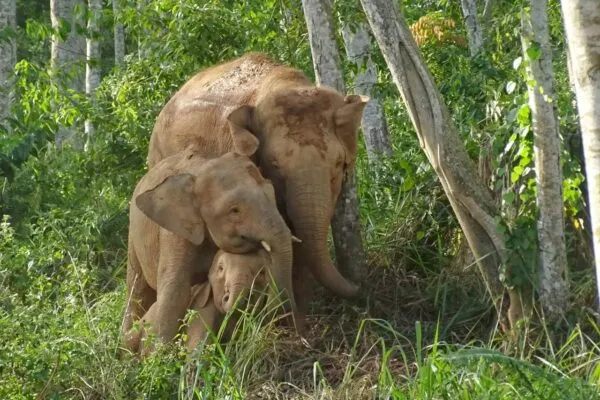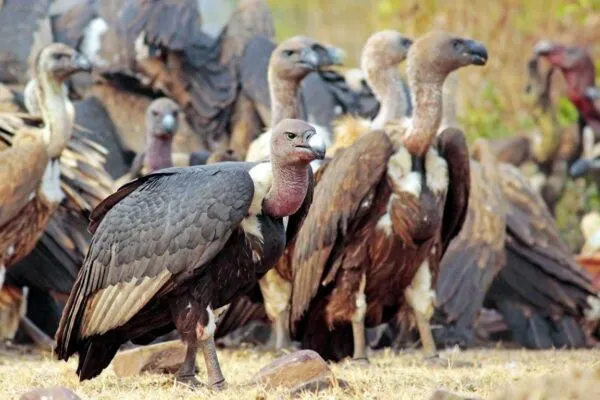Six Komodo Dragon Eggs Hatched at Bronx Zoo, Conservationists Thrilled
Six Komodo dragons eggs hatched in a very successful and celebratory occasion for the very first time at this New York zoo
Indonesia’s Komodo dragon or Varanus komodoensis, is the largest living lizard, worldwide. Less than 2,500 of the species are left out of which only 350 females can breed, making it an endangered species under the IUCN Red List. To the thrill of conservationists, six eggs of this rare lizard were hatched at the Bronx Zoo, making the occurrence a ray of hope as the species is at the brink of extinction. With these hatchings, everyone is quite hopeful for the safe future of the species.
The lizard weighs more than 150 pounds and measures up to ten feet in length. The species is an efficient predator, they can feed on both large and small mammals. They are capable of consuming 80 percent of their body weight in a go. Alongside, they have a venomous bite that can majorly harm humans. This reptile takes eight to nine years to mature and has a life span of around thirty years.

Image: Bronx Zoo
Don Boyer, Curator of Herpetology at the Bronx Zoo said;
Komodo dragons are one of the planet’s most fascinating species and these hatchlings represent a hopeful future for the species. They will be wonderful ambassadors for their wild counterparts as they help us raise awareness about conservation needs.
Approximately, only 1200 mature Komodo dragons are found roaming around Indonesian islands. Last year, the status of the species changed from vulnerable to endangered. The Komodo monitor is highly threatened by climate change as global warming and rising sea levels are worsening the situation for the species survival.
Also Read: Komodo Dragon Listed as Endangered Species by IUCN
These endangered species are known to cannibalize one another, which is why they need their own enclosures. The Bronx Zoo has educated and motivated more than 400 million visitors about wildlife conservation. Humans are to be held responsible for the rising decline of the Komodo population but in spite of playing the blame game, we need to make some efficient wildlife policies before they become completely extinct.

Image: Bronx Zoo
Via: WCS


